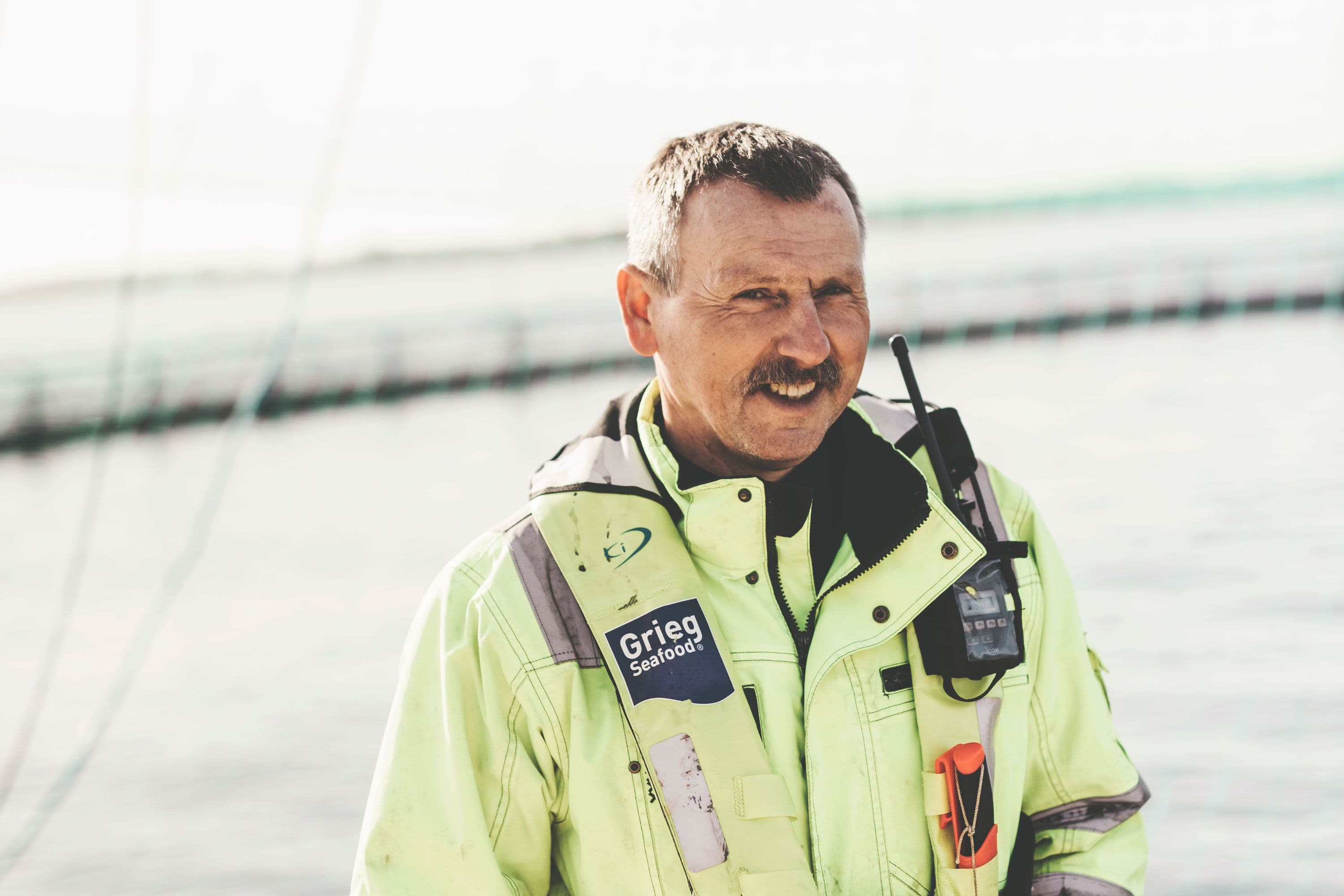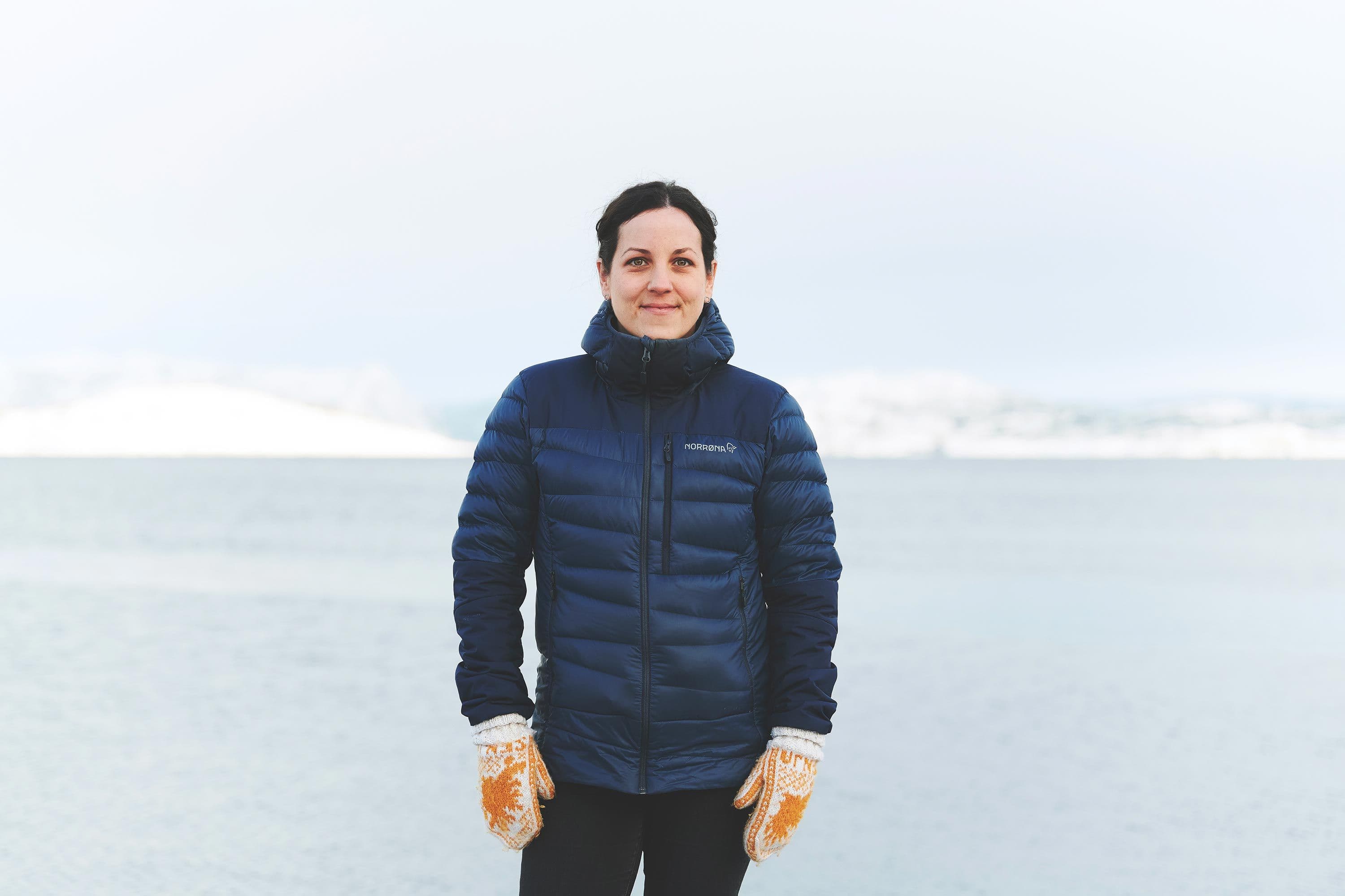Our people
Human rights

Protecting the dignity of all human beings is the very basis of a civilized society. Respecting human rights is a fundamental part of our corporate responsibility and is vital to operating our business sustainably.
We are committed to respecting fundamental human rights in our operations, our value chain, and in the communities where we operate. We recognize our responsibility to prevent, mitigate, and address adverse human rights impacts connected to our business activities. We base our commitment on international human rights and labour standards, with particular emphasis on:
- The Universal Declaration of Human Rights.
- The ILO Declaration on Fundamental Principles and Rights at Work.
- The United Nations Convention on the Rights of the Child (UNCRC).
- The United Nations Convention on the Elimination of Discrimination against Women (CEDAW).
- The United Nations Declaration on the Rights of Indigenous Peoples (UNDRIP).
- International Covenant on Economic, Social and Cultural Rights.
Protecting human rights in our own company
- Grieg Seafood welcomes and promotes unionization, collective bargaining, and other formal employee representation arenas according to the business culture of each of our operating countries. All our employees have the right to join or not join a labor union. All employees have access to third-party representation regardless of whether they are a union member or not.
- We conduct our activities without discrimination, we treat our employees fairly and compensate fairly by offering competitive salary and benefit packages. We use the Kornferry methodology to benchmark our salaries yearly and ensure that we are paying market rates as a minimum. We pay the same rates for same type of work regardless of gender, culture or other origin.
- We offer sick-pay to all our employees based on the national laws of the countries we operate in regardless of if they are permanent or temporary staff. We demand that our external hired staff and contractors have sick pay included in their contracts.
- All our employees are offered good and reasonable working hours, in accordance with union agreements to maintain a good worklife balance.
- Everyone who is employed by us works here of their own free will in alignment with the ILO Declaration.
- We have zero tolerance for bullying, unwanted sexual attention, or harassment.
- We promote diversity with respect to employee gender, age, ethnicity, physical abilities, personality, skills, experiences, and backgrounds.
- Effective health and safety management is of fundamental importance in the conduct of our operations. We promote a strong safety culture and comply with high standards of health and safety practices. We have a zero-vision for, and aim to prevent, work-related injuries, illnesses, and accidents.
- We respect employees’ rights to privacy
- We contribute to economic, social, and cultural development in the rural communities where we operate. Recognizing that our operations are based on natural capital, belonging to local communities as a whole, we strive to minimize our impact and create shared opportunities.
- We recognize the rights of Indigenous Peoples in our relevant production regions, as outlined in the United Nations Declaration on the Rights of Indigenous Peoples (UNDRIP), and we take particular care to avoid infringing on such rights.
Our third-party certifications include independent audits of human rights practices:
- ASC has requirements related to ILO rights, prohibits the use of child or forced labor, and has HSE requirements.
- GlobalG.A.P has requirements related to the work environment such as workers’ health, safety and welfare. We provide ongoing training to update our employees on the requirements in aquaculture, safe chemical handling, and awareness about food safety.
- BAP has requirements towards unsafe working conditions, eliminating of forced child labor, fair wages and appropriate terms of employment.
Whitsleblower Channel
We have a whistleblower channel operated via an external service provider, EY. Our whistleblower channel is available to all employees at Workplace and through our intranet. Read our Whistleblowing procedure here.
Protecting human rights in our value chain
Our suppliers are required to follow our Supplier Code of Conduct, which covers human rights. They are expected to adhere to global standards for good corporate practice, including the United Nations Global Compact, the OECD Guidelines for Multinational Enterprises, the Norwegian Code of Practice for Corporate Governance and International Labour Standards on Forced and Child Labour.Related articles

